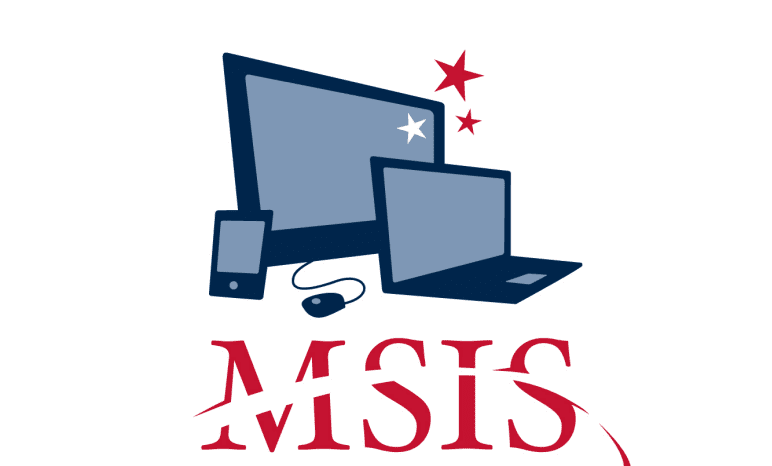This article first appeared on the Magnolia Tribune.

- MSIS 2.0 addresses deficiencies in reporting that left Head Start student achievement untracked.
A new tracking system for student progress is rolling out across the state of Mississippi. It is expected to address a previous deficiency where Head Start student accomplishments were not being recorded.
Members of the Mississippi Department of Education Board of Trustees heard an update on the rollout of MSIS 2.0 during Thursday’s meeting.
John Kraman, Chief Information Officer, told the Board the rollout began on June 28.
“MSIS is meant to help guide with information and insight… decision making that will inform and influence the outcomes for our students helping them prepare for the future,” Kraman described.
That means the old system, MSIS 1.0, was sunset on that date, Deborah Donovan, Director of Data Analysis and Reporting added. However, the old system will remain operational as data is transferred over to the new system.
Leaving the previous system open until September will allow for data entry from last school year to be completed for its accountability run and allow staff to see the historical data until it is transferred to the new system.
The update came as the old system came under fire last year when the Joint Legislative Committee on Performance Evaluation and Expenditure Review (PEER) issued a report that found the achievements of students enrolled in Head Start programs were not being recorded. MSIS 2.0 is being put in place in part to address those limitations.
As previously reported, MSIS 1.0 was unable to assign student identification numbers to students in Head Start programs because they were not district-run programs. That led to those students’ achievements going untracked as they entered kindergarten, according to the PEER report.
A statement by MDE cited in the PEER report noted that the new MSIS 2.0 system will have that capability.
As the new system rolls out, communication with the state’s 144 school districts is ongoing as they validate the data entered, Donovan explained. Since this is a large project, he said MDE staff are employing the theme of “grace.”
“So, one thing we’ve been communicating with districts is that we all got to have some grace here,” Donovan said. “We got to have grace with the districts as they learn how to use the new system as they work through their challenges with the data, and we hope they’ll extend us some grace as well as we get all these items ready.”
Updates to MSIS 2.0 take place nightly, ensuring MDE has regular access to data such as student information, the special education system, and human resources. After the data is processed, the system flags any errors.
Kraman warned the state Board of Education that an increase in the number of errors is expected as more data is entered. After the validity checks are completed, each district is tasked with addressing the errors. Kraman expects the number of errors to decline in the coming months.
“By the time we get to October for the first certification we would expect those errors to go down,” Kraman told the Board.
The first major certification window is planned for October 1 through October 10.
The new system also provides a formal process to review data before the end of the school year. Each district will have autonomy to choose the person or persons responsible for data certification.
MSIS 2.0 requires all data errors to be corrected before certification. Donovan showed the Board a slide depicting the screens staff will see as they certify the data, which requires them to correct errors recorded by each school before the entire district can be certified.
“They cannot certify a school or district if they have errors remaining in their data,” Donovan elaborated.
Training in the new system has been conducted via in-person “boot camps” that utilized a unique method to make it more engaging.
“We gamified our training to make it interactive and a little more fun and not so painful for the districts,” Donovan explained.
Badges are awarded for the completion of training activities. Donovan said all districts except a few have earned at least one of the seven total badges. In addition, there are staff in 22 of the state’s districts that have already earned all seven badges.
Training is also offered virtually and MDE has ramped up the number of help desk staff to assist districts with issues.
This article first appeared on the Magnolia Tribune and is republished here under a Creative Commons license.
Read original article by clicking here.

